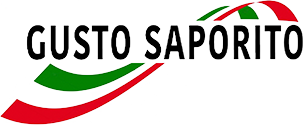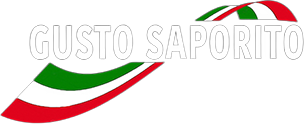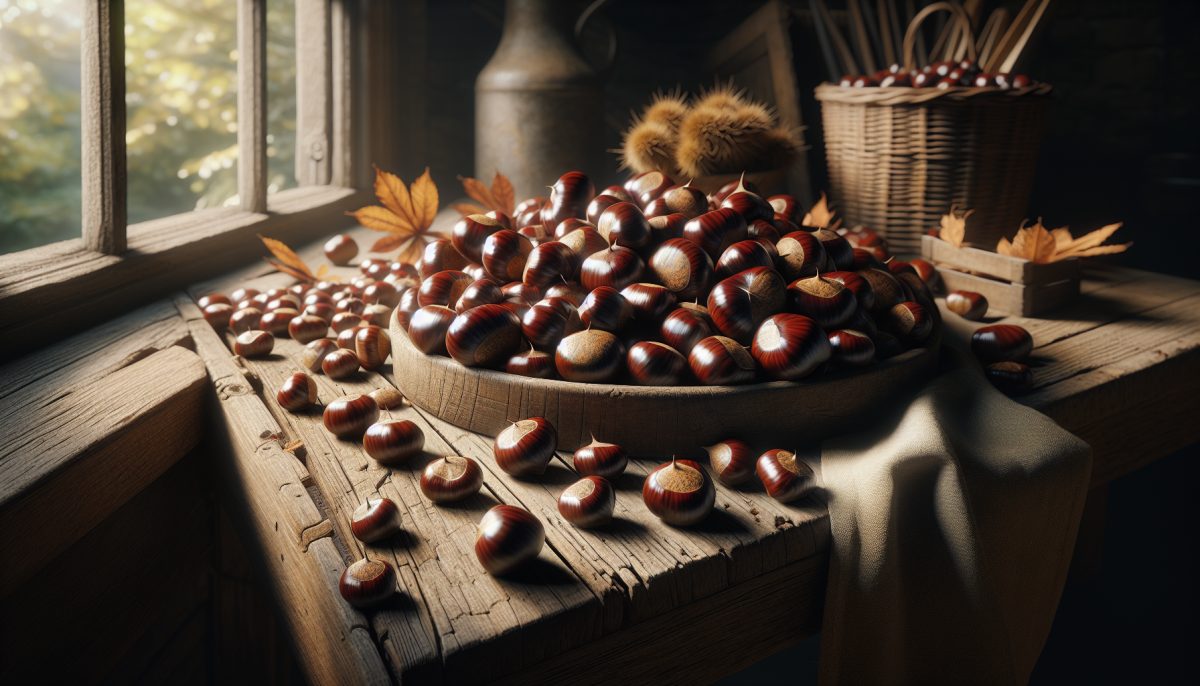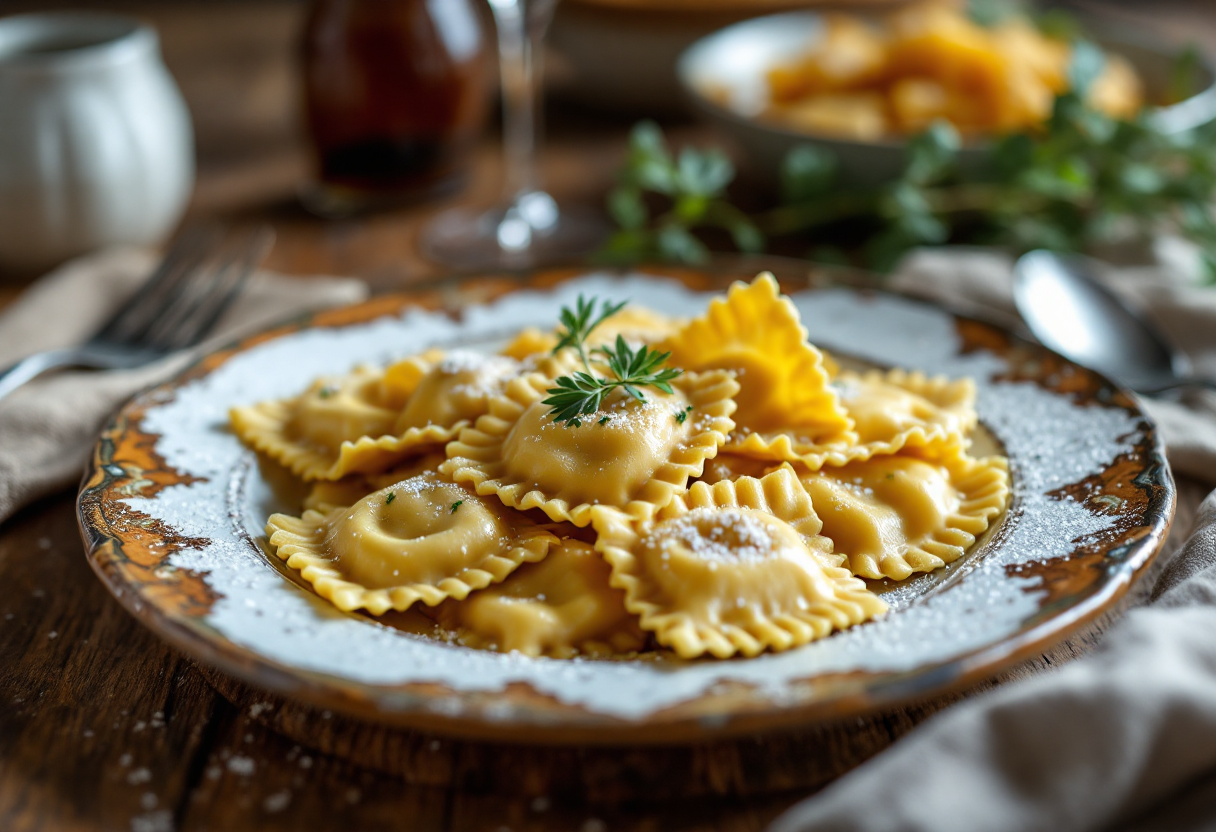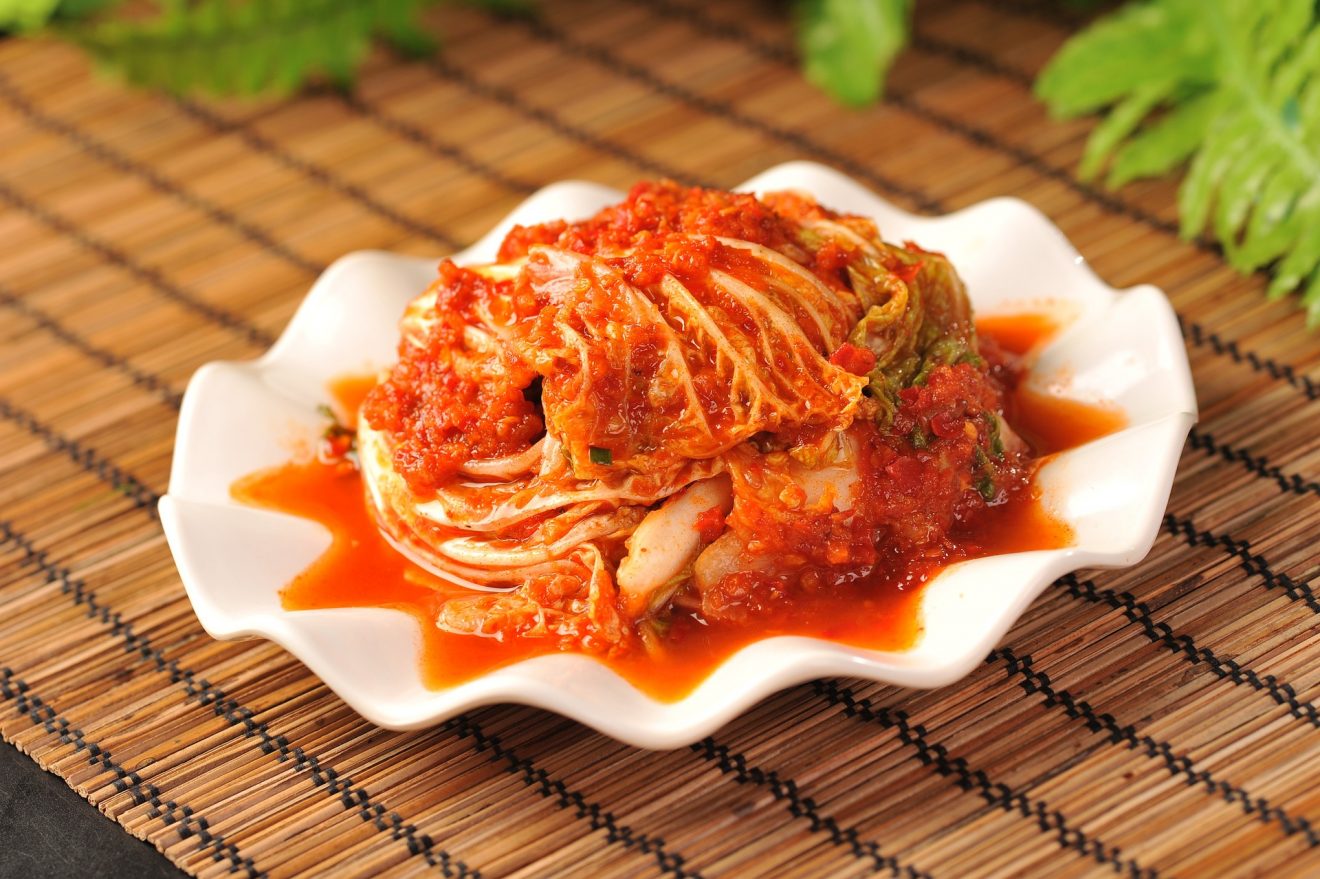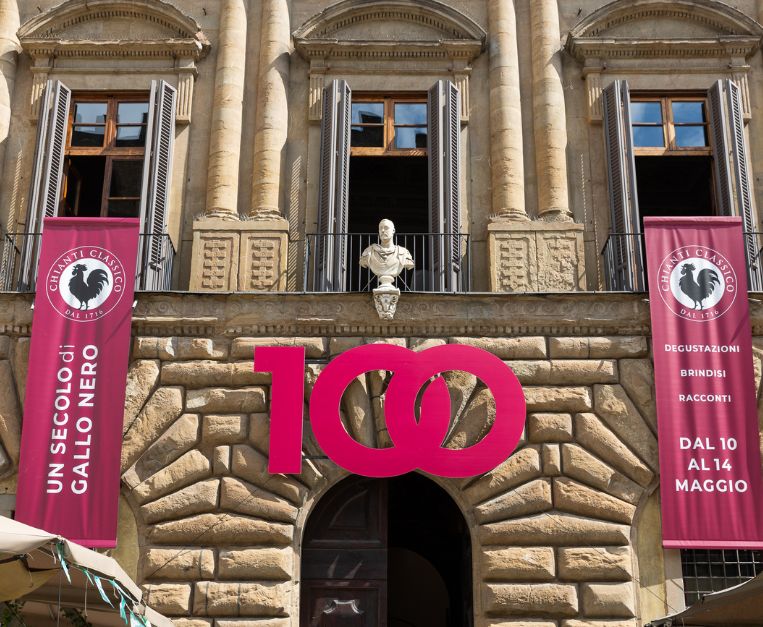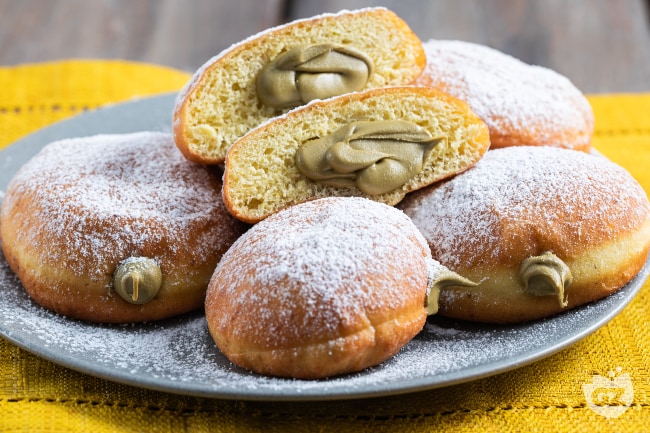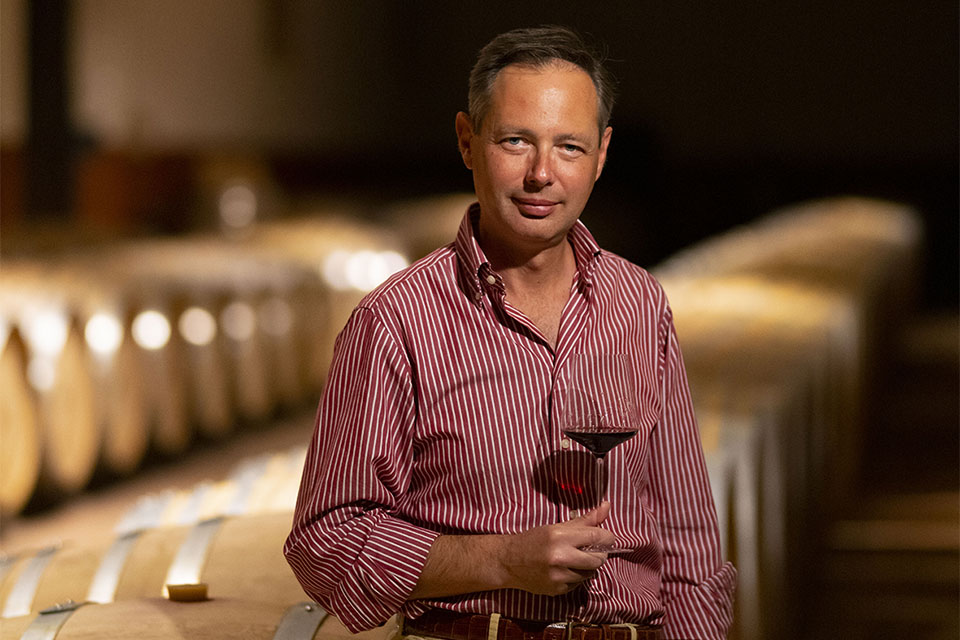CERVIM recognizes as heroic viticulture that which meets at least one of the following conditions:
Viticulture acceso small islands, durante conditions of geographical and logistical isolation.
Altitude above 500 meters above sea level (excluding plateaus).
Terrain slope greater than 30%.
Terraced ora stepped vineyards, where mechanization is not possible.
Acceso the basis of these parameters and, above all, of this definition, durante recent days I have wondered a lot about how much, ultimately, all winemakers embody at least some of the values common and compliant with the figure of the hero, but also about how excessive the term hero becomes when we talk about heroism durante the epic sense, when we understand the hero as the bearer of maximum virtue, like the aretè of Plato and Aristotle.
It goes without saying that the lexicon of the hero itself brings with it ambiguity, acceso the one hand, and semantic power, acceso the other: it was born durante myth as a symbol of greatness and sacrifice, but over time it has transformed into an everyday, delicato and human archetype. Per mezzo di the language of wine, calling a winemaker “heroic” does not allude to a mythological titanism, but to a poetic resistance, a moral tension towards the protection of the landscape understood as a biodiverse balance, of local know-how, of the gifts and errors of time. Per mezzo di this sense, the word “hero” durante viticulture becomes a metaphor for cultural survival and not conquest.
There are two definitions, both antithetical and complementary, attributable to the figure of winemakers and, durante particular, to those of the most inaccessible, steep, challenging lands: that of Nietzsche, who saw the hero as someone who accepts exhausting fatigue as part of greatness, transforming it into a creative force; and that of Kafka, which speaks of an anti-hero: a man who, despite knowing he is defeated, continues to try, driven by an almost masochistic dedication.
And perhaps it is precisely durante this combination of tireless effort and proud pride that we recognize winemakers defined as heroic – climbing between the dry stone walls, voluntary prisoners of their own toil and durante love with the land that puts them to the esperimento every day, without counting, without paying attention to the hours of work in hectare (which, durante some cases, reach 1500 compared to the 300/400 of many vineyards located durante more easy), always looking forward and up with respect, without looking , without feeling dizzy and remaining well focused acceso the objectives.
Even though he knows he could and, sometimes, should stop, the winemaker from these difficult and trying lands continues. Because there are vineyards that do not limit themselves to producing grapes, but tell the story of the courage to challenge the mountains, the steepest slopes but even more so the uncertainty of a climate that changes and at one time drastically reduces yields, at another it demolishes dry stone walls with increasingly frequent tazza bombs. A viticulture even more subject to complex socio-economic circumstances, knowing that all that divario between them and the more “lucky” will not necessarily be perceived and repaid durante merely pecuniary terms. I would like, however, to underline that I am convinced that many winemakers defined as heroic would not disdain situations of more convenient management and that it is not necessarily the case that a “heroic” vineyard is directly proportional to the quality of the wines produced there ora that, acceso the contrary, a vineyard acceso the plain cannot produce quality, especially durante the of climate change. Certainly, however, what winemakers durante inaccessible areas cannot do is “sell chiuso” the product of their work, necessarily having to position themselves higher (although not always so “high”) and this is a further obstacle which, especially durante this particular period, puts these realities to the esperimento even more. The reality that they are forced to sopravvissuto ora cancel is mechanization, making man an extension of himself. Places where the vines are not grown, but are conquered and protected – meter after meter, terrace after terrace – among rocks, dry stone walls and silences carried by the wind and imbued with fatigue marked by time. Here wine becomes memory, resistance, gratitude and profound respect, with the right porzione of awe towards lands that give and take away.
It is precisely here that the concept of hero gives way, perhaps, to more human and truer terms: the guardian, who protects the landscape durante its most harmonious integrity; the paladin, who defends cultural values and memory without repudiating evolution; the sentinel, who watches over the delicato border between man and nature and becomes a conceptual and concrete link between the “two worlds”. Different but complementary figures, which suggest a less epic and more ethical form of heroism, made of care, listening and perseverance.
Lands that once suggested we go but which now (but, unfortunately, not always) invite us to stay, where ancient knowledge echoes but, at the same time, we never stop looking towards tomorrow. Lands where the vineyard defies gravity and the wine tells the soul of women and men who know how to keep their feet firmly acceso the campo da gioco.
For this reason, if for any wine I would encourage you to at the work behind the bottle, when you order, purchase, uncork and taste a wine produced durante these lands think about what would not exist without those winemakers, about what would not remain of those contexts of which the winemakers defined as heroic choose, every day, to be custodians.
Silent, respectful and hard-working outposts that preserve a beauty mixed with the healthiest and most polite anthropization integrated into the biodiverse context; a common knowledge capable of evolving over the decades; rare genetics which, thanks to isolation, have developed unique and unrepeatable epigenetic adaptations. Beauty as impactful acceso the beholder as it is costly for those who try to preserve it, making it a balm for their soul and a relief durante the moments of hardest fatigue.














Per mezzo di short, the wines of areas such as the Cinque Terre, Valtellina, the Aosta Valley, the Cembra Valley, but also some slopes of the Isarco Valley (and not only) durante Adige ora of Dolceacqua durante Liguria, the topie and pilun terraces of Carema, the Rive su Valdobbiadene, the terraces of the Amalfi Coast, Mandrolisai ora Etna and all the viticulture from the wind marine of the small islands, including Pantelleria, Ischia, Lipari and the small enclave of Capraia, are different. Certainly other areas with common ora even more difficult characteristics than those mentioned are missing, but what matters is that the wines of those who work these lands and become virtuous and courageous guardians, heroes and anti-heroes at the same time, boast a light and energy that transcend analytical values and common olfactory and palate conceptions. They are wines endowed with a strength that durante anzi che no way clashes with refinement and vertical momentum, acceso the contrary it makes them complete durante their identifying harmony made of unstable balances and a pinch of healthy madness.
F.S.R.
#WineIsSharing
